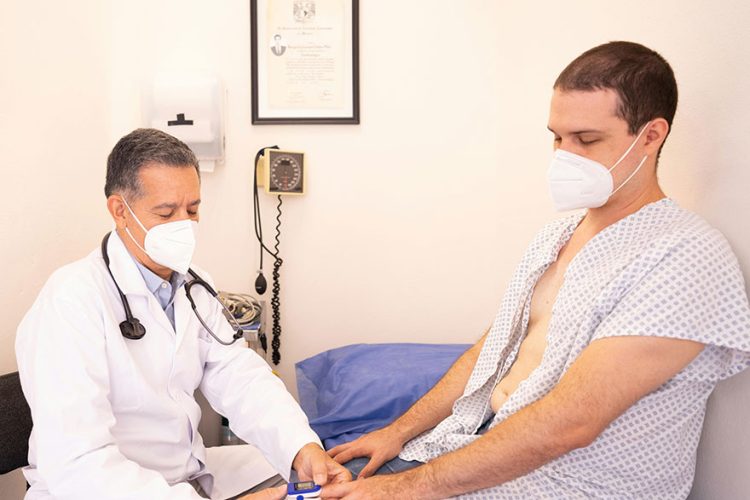
Authors Guerrero JG , Alqarni AS, Cordero RP, Aljarrah I, Almahaid MA
Purpose
Emergency department (ED) overcrowding is a significant concern in many hospitals in Saudi Arabia, resulting in long waiting times, delays in treating patients who need urgent care, and, consequently, decreased patient satisfaction. Additionally, ED overcrowding has been linked to increased nurse turnover rates. Therefore, this study aimed to assess nurses’ perceived causes and effects of overcrowding in the EDs of five tertiary hospitals in Saudi Arabia.
Methods
This study used a descriptive cross-sectional design. We surveyed 311 nurses working in the EDs of five tertiary hospitals in Saudi Arabia using the convenience sampling technique. The self-administered questionnaires used in the study were developed by the researchers. The study was conducted from October 16 to November 10, 2022. Consensus-Based Checklist for Reporting of Survey Studies was followed.
Results
The results revealed that the primary perceived causes of ED overcrowding in five tertiary hospitals were unnecessary visits due to a lack of standard procedures (mean = 2.70; SD = 0.58) and lack of inpatients beds (mean = 2.69; SD = 0.65). The perceived effect of overcrowding was stress and burnout among nurses (mean = 2.85; SD = 0.47). The perceived causes and effects of overcrowding in the ED were found to be highly significant (p < 0.001) based on Pearson correlation and Spearman’s rank correlation.
Conclusion
: Unnecessary visits due to a lack of standard procedures lead to overcrowding. In addition, a lack of inpatient beds in the ED affects the care provided to patients seeking immediate medical attention. This may prolong patient waiting time, causing their conditions to deteriorate and prolonging hospital stay. Overcrowding leads to increased stress and burnout among nurses. The results of this study can be used to develop a comprehensive action plan to address ED overcrowding and its effects on patients, staff, and ED flow.
Keywords: nurses, overcrowding, patient safety, quality of care, stress, burnout, staff turnover
Related Posts
Marina Sartini 1,2,*, Alessio Carbone 1, Alice Demartini 1, Luana Giribone 1, Martino Oliva 1, Anna Maria Spagnolo 1,2, Paolo Cremonesi 3, Francesco Canale 4, Maria Luisa Cristina 1,2 Abstract Overcrowding...
Leodoro J. Labrague Abstract Introduction Nurse caring ability plays a crucial role in providing...





